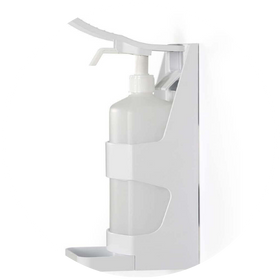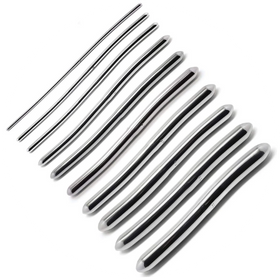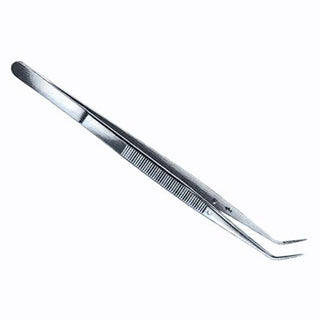TieLaboratory glassware is essential in both educational and professional science settings. Whether you are mixing reagents, observing reactions or measuring precise volumes, the quality of your glassware affects accuracy, reproducibility and safety.
At Medilab Marketplace, our Laboratory Glass collection includes trusted products like beakers, flasks, measuring cylinders, petri dishes, and test tubes, made for general laboratories, healthcare facilities and research institutions. In this blog, we explore how to choose the right glass tools for your needs, how they are used, and why material quality matters.
Why Quality Laboratory Glassware Matters
Glassware must perform consistently under heat, pressure and chemical exposure. Poor-quality glass can distort readings, crack under thermal shock or contaminate reactions. For precision work, this is unacceptable.
Borosilicate glass is widely recommended across the scientific industry due to its high resistance to heat and corrosion. This makes it ideal for laboratories working with high temperatures, acidic or alkaline solutions, and repeat sterilisation cycles.
For Australian labs, a wide range of premium-grade options can be found at LabFriend – Scientific Glassware & Equipment, a trusted supplier of quality-controlled products used by clinical, educational and industrial laboratories across the country.
Common Types of Laboratory Glassware and Their Uses
Each piece of glassware serves a unique function in the lab. Below are some of the most commonly used items:
-
Beakers – Ideal for mixing, heating or decanting liquids. Suitable for general use but not highly precise for measuring.
-
Flasks – Erlenmeyer flasks reduce evaporation and spillage, while volumetric flasks offer high-accuracy measurement.
-
Burettes – Essential for titration, delivering small amounts of liquid with precision.
-
Funnels – Used to pour liquids safely or filter substances when combined with paper or mesh.
-
Measuring Cylinders – Provide more accurate liquid measurement than beakers.
-
Petri and Evaporating Dishes – For culturing bacteria and concentrating samples.
-
Test Tubes – Suitable for heating small amounts of liquid or observing chemical reactions.
-
Vials and Bottles – Used for safe storage and transport of samples or reagents.
-
Desiccators – Maintain dry environments for moisture-sensitive items.
How to Choose the Right Glassware
When selecting glassware, it is important to match the tool to your task. Key considerations include:
-
Material – Borosilicate for heat resistance, soda-lime for general use
-
Graduation markings – For measurements, ensure markings are clear and chemically fused
-
Autoclavability – Items used in microbiology or pathology must withstand steam sterilisation
-
Volume and scale – Match capacity to experiment needs to avoid waste or overflow
-
Neck diameter and stopper fit – Particularly important for flasks, vials and bottles
Choosing equipment that meets AS/NZS 2243.1 safety standards also helps you comply with regulatory audits in research, government and education sectors.
Cleaning and Handling Glassware Safely
Glassware should always be cleaned promptly and handled with care to extend its lifespan and maintain results integrity.
Best practice includes:
-
Rinsing items immediately after use to prevent staining
-
Using non-abrasive brushes and lab-grade detergents
-
Allowing items to dry on purpose-built racks
-
Wearing gloves when handling clean items to avoid contamination
-
Avoiding sudden temperature changes that cause thermal shock
In facilities where chemical exposure or biological agents are present, follow Safe Work Australia's chemical safety code of practice.
Reliable lab results depend not only on your methods but also on the quality of your equipment. Investing in the right laboratory glassware helps ensure safety, efficiency and long-term value for educational and professional users alike.
At Medilab Marketplace, we provide glass tools that meet the day-to-day needs of science educators, research teams and medical professionals. Our product range is built to align with Australia’s safety and quality standards, ensuring your workbench is ready for anything.
🛒 Browse our complete Laboratory Glass collection for beakers, flasks, measuring tools and more.
References
-
LabFriend. (2024). Laboratory Equipment & Scientific Supplies. https://www.labfriend.com.au/
-
Safe Work Australia. (2023). Managing Risks of Hazardous Chemicals in the Workplace. https://www.safeworkaustralia.gov.au/system/files/documents/1702/mcop-hazardous-chemicals.pdf
-
Corning Life Sciences. (2023). Care and Handling of Laboratory Glassware.





